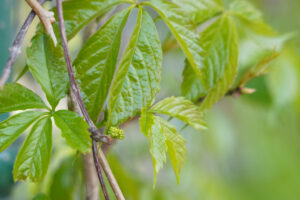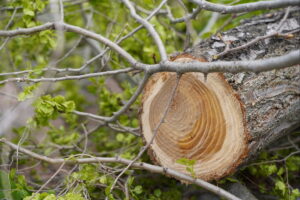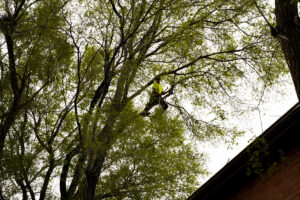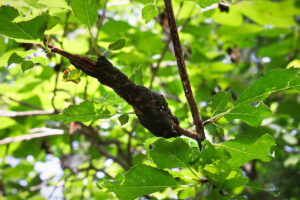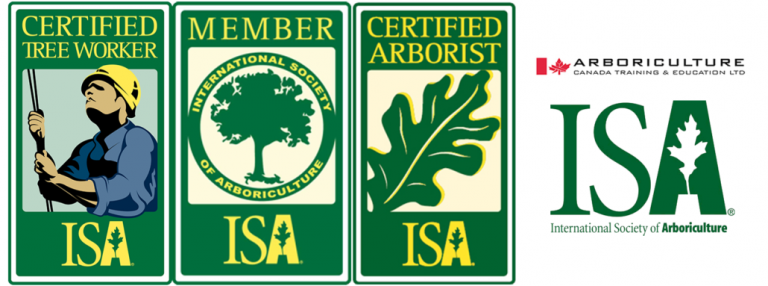Richmond Hill Tree Care Advice on Making Your Trees Disease Resistant
Like other life forms, trees have no shortage of threats to their health and longevity. They are threatened by plants, animals, and disease. While the first two of these threats can be effectively dealt with, disease that has spread and weakened a tree is difficult to reverse. Often, the only option is tree removal before the disease can spread to other trees on your property. Therefore, the best measure you can take is preventative. Here are seven suggestions for making your trees more resistant to disease:
Avoid inflicting tree bark wounds
Many diseases gain entry through wounds in the bark. While you wouldn\’t deliberately cause this, accidents will happen. Avoid accidentally hitting the trunk of your tree with your lawn mower by making a mulch bed around the tree. Make the bed\’s diameter large enough so that there\’s no chance of striking the tree with your mower. While you could place a fence around the tree, a mulch bed improves the tree\’s health. There shouldn\’t be any reason why you would ride or push your mower on top of the mulch. Take care not to mulch over the tree\’s base.
Avoid damaging tree roots
Be careful when digging holes or trenches near your trees. Cutting a root close to the trunk weakens the tree and makes it more vulnerable to disease-causing pathogens. Driving heavy earth moving equipment or your car next to a tree may cause root damage.
Avoid soil compaction next to a tree
Soil compaction above the roots of a tree deprives them of oxygen and reduces water intake. Roots mostly grow outward rather than straight down. Driving machinery or cars, or excessive foot traffic close to a tree will compact the soil. One telltale sign is the lack of grass cover. Soil compaction weakens and makes the tree vulnerable to disease.
Protect your trees from vines, insects, and animals that cause damage
Remove vines, consult with an arborist about insect removal, and place the appropriate barriers to guard against deer, rabbits, and woodpeckers. Some squirrel species strip tree bark from branches.
Avoid excessive pruning
Excessive in this case means leaving large areas of exposed wood. This kind of pruning is essentially inflicting wounds on your tree.
Consistently water your trees
This means keeping the soil moist without over watering. Again, preventing disease is about keeping your trees in good health.
Promptly remove diseased or dying trees
As mentioned previously, disease can spread between trees, and prompt removal is often the only option. Disease may also spread from roots left in the ground. This is why hiring a Richmond Hill tree care specialist is advisable. If there are alternative options, she or he will suggest them. Otherwise the specialist will properly remove the tree.
If you have any questions or tree care issues, don\’t hesitate to contact us. You can follow along on Facebook and Instagram, or you can contact us here if you have any questions.

